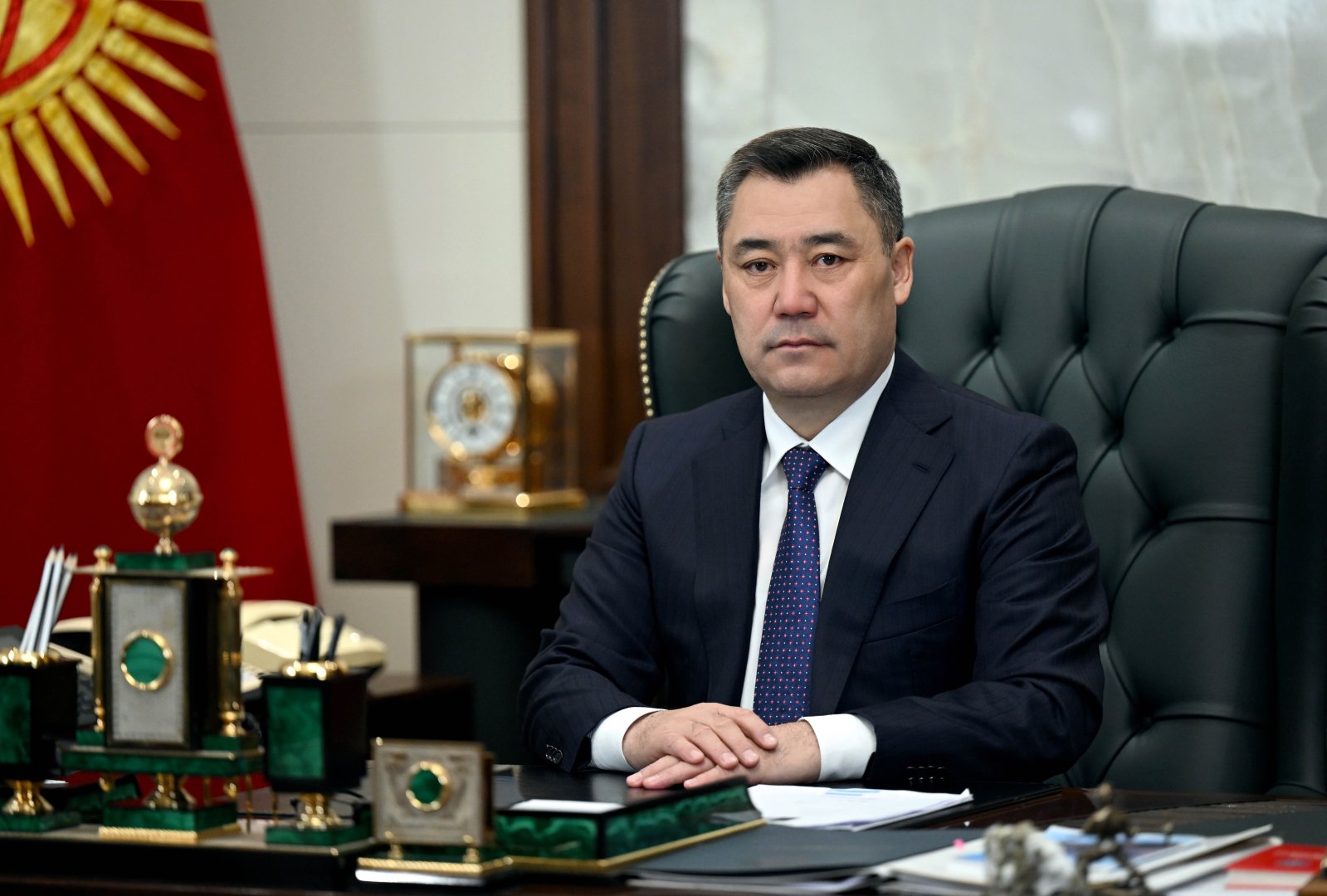BAKU, Azerbaijan, November 13. As Central Asia tightens its belt on regional cooperation, the 7th Consultative Meeting of Heads of State, set for November 16 in Tashkent, is shaping up to be a real game changer. Looking back at the framework of past summits reveals that Kyrgyzstan comes into this meeting with a well-defined stance and projects that it has continuously supported.
Right from the get-go, Bishkek set its sights on the mainstays of the regional agenda—water-energy cooperation and the pressing need to update the 1998 agreement regarding the Naryn-Syrdarya resources, the strengthening of a unified Central Asian power system, and the development of transport connectivity. These topics remain central for Kyrgyzstan today, as they are directly linked to its national interests and the overall stability of the region.
Water issues hold a unique spot in the grand scheme of things. Bishkek, being a key player in the Syrdarya’s game, has been pushing for a level playing field when it comes to divvying up water resources. Kyrgyzstan keeps its finger on the pulse, making it clear that water and energy issues are not just nuts and bolts but also the bread and butter of strategy for all of Central Asia.
“The unresolved water-energy problems in one country can affect water supply in other Central Asian countries,” said Sadyr Zhaparov during the Fifth Consultative Meeting of Heads of Central Asian States in Dushanbe, Tajikistan.
For this reason, Bishkek advocates for the development of an updated and balanced mechanism for water-energy cooperation that takes into account the interests of all countries in the region.
One of Kyrgyzstan’s key proposals remains revisiting the 1998 agreement on the use of Naryn–Syrdarya water and energy resources. Bishkek considers this document a foundation on which a new regional architecture for water management can be built.
At the same time, President Zhaparov proposes reforming the existing water management structures so that “they meet the realities of today and the needs of all countries in the region.”
Kyrgyzstan is bringing up energy sustainability issues alongside the water agenda. The country emphasizes the need to strengthen the unified power system of Central Asia, especially during winter demand peaks and summer drought periods. In this context, the construction of the Kambarata HPP-1 has become not only a national but also a regional project: a hydroelectric complex with a capacity of 1,860 MW and a reservoir of 5.4 billion cubic meters is considered a strategic resource for balancing the power system and rationally managing the flow of the Syrdarya.
Transportation is another strategic area. For Kyrgyzstan, a landlocked gem, logistical connectivity is the name of the game when it comes to economic resilience and integration into global supply chains. At all summits, Zhaparov has emphasized the need to diversify routes, modernize international highways, and strengthen transit potential. The country has completed the construction of the strategic “North–South” highway and is actively reconstructing roads and airports.
A key project remains the construction of the “China–Kyrgyzstan–Uzbekistan” railway. It will reduce transportation distance by approximately 900 kilometers and shorten delivery times by 7–8 days, creating significant economic benefits and becoming a new important link in Eurasian logistics. Bishkek has also initiated the creation of a regional agreement on transport and transit and proposed to bring together the transport agencies and the logistics sector to get their ducks in a row on tariffs and streamline procedures through digitization.
These topics are closely tied up with climate challenges that Kyrgyzstan brings up regularly. The country was among the first to draw attention to the accelerated melting of glaciers, increased winter electricity consumption, and summer water shortages.
“There will be a diminishing supply of water resources annually, concurrently with an escalating demand trajectory,” Zhaparov warned, emphasizing the need for collective solutions.
In this context, the upcoming Tashkent meeting opens new opportunities for Kyrgyzstan. Uzbekistan, the host country, is urging the region to stop beating around the bush and get down to brass tacks with practical steps.
“We face a strategic task—to turn the agreements reached into concrete results and benefits for citizens,” said President Shavkat Mirziyoyev in his article “Central Asia on the Threshold of a New Era.”
This logic lines up perfectly with Bishkek’s expectations. Kyrgyzstan hopes to advance the updated water-energy cooperation mechanism, coordinate approaches to Naryn-Syrdarya resources, strengthen the unified Central Asian power system, and achieve concrete progress on key transport corridors—including the CKU railway and the Trans-Caspian route. The country also aims to advance its initiative to create a regional center for energy efficiency and resource conservation in Bishkek.
Kyrgyzstan is gearing up for the 7th Consultative Meeting, stepping up to the plate as an active player ready to roll out long-term and systematic solutions. As a consistent advocate of dialogue and compromise, Bishkek seeks to strengthen the regional architecture of security and sustainable development. Thus, in Tashkent, Kyrgyzstan intends to reaffirm this role and make sure that its initiatives are woven into a new tapestry of cooperation in Central Asia.
Stay up-to-date with more news on Trend News Agency's WhatsApp channel







